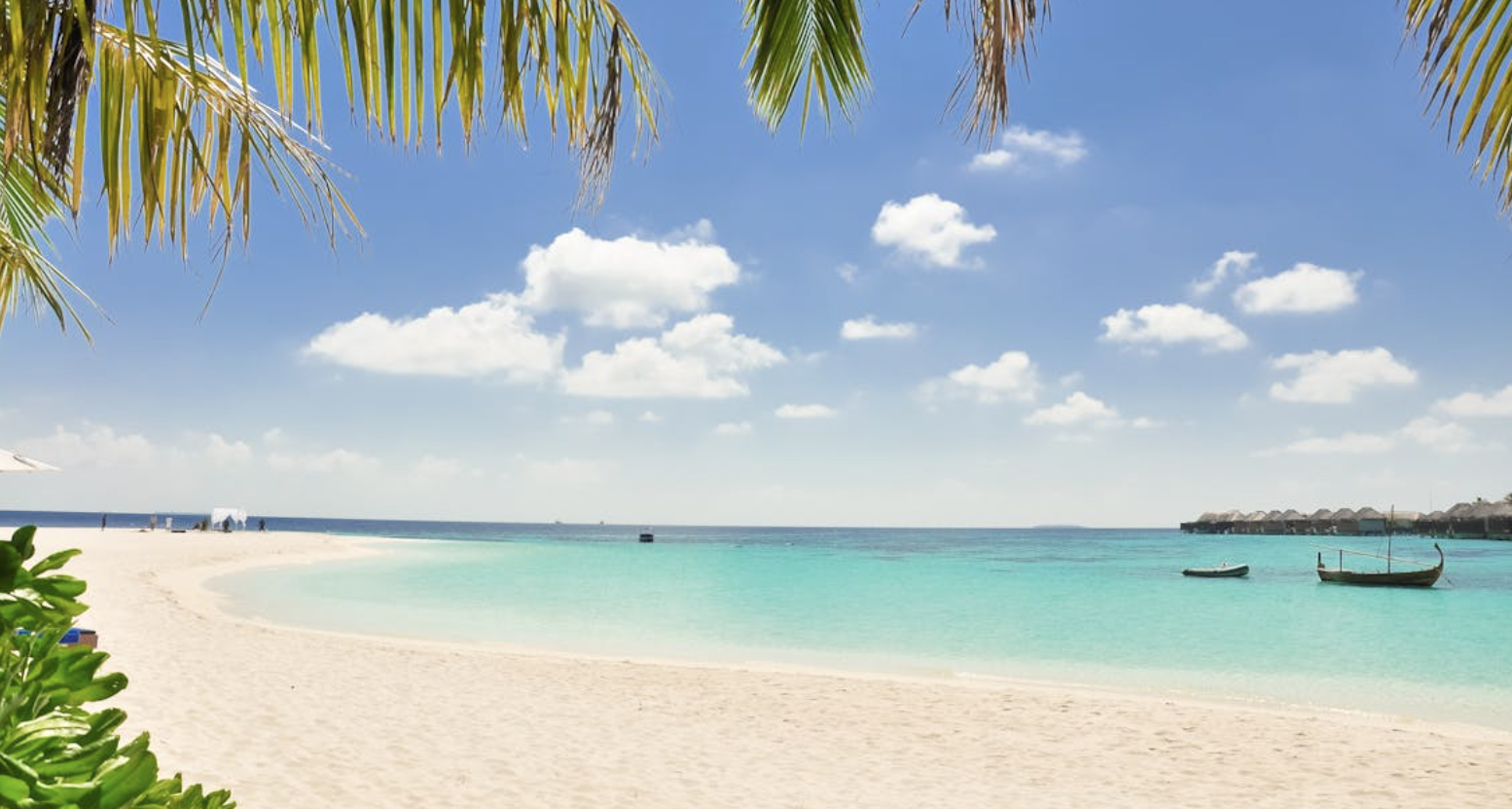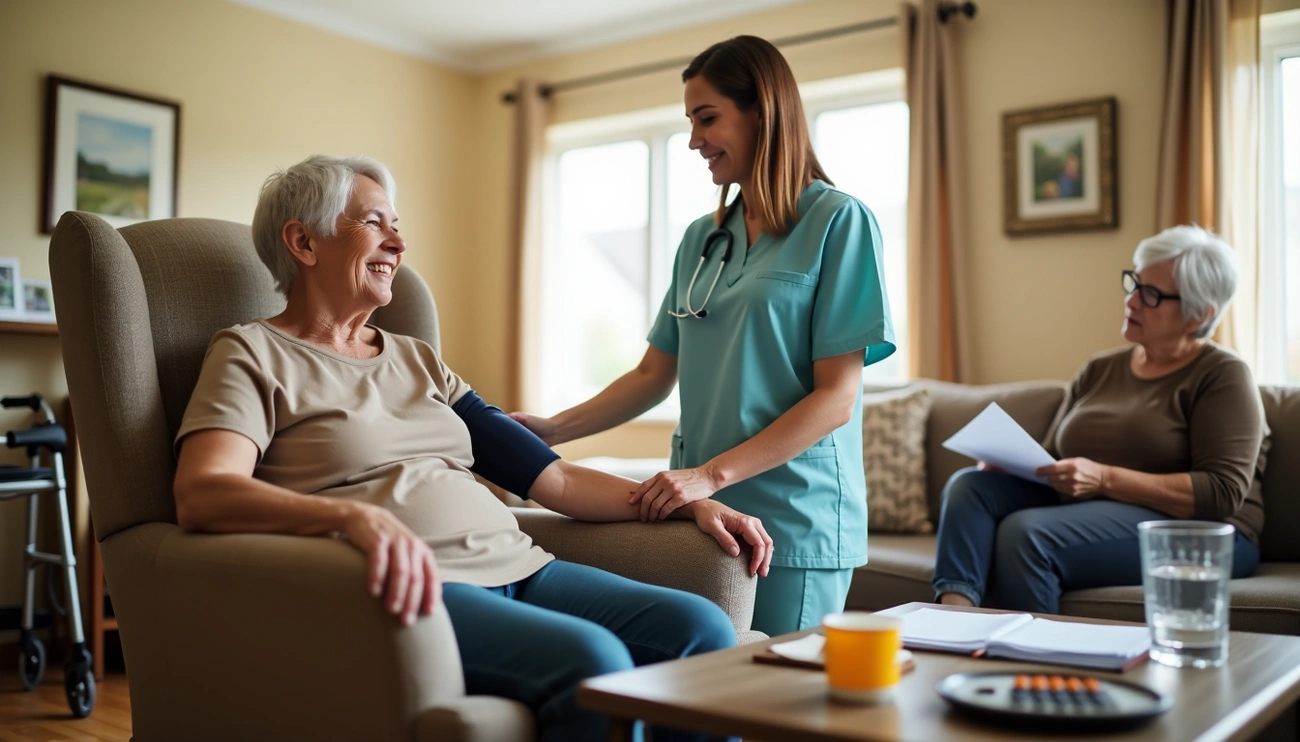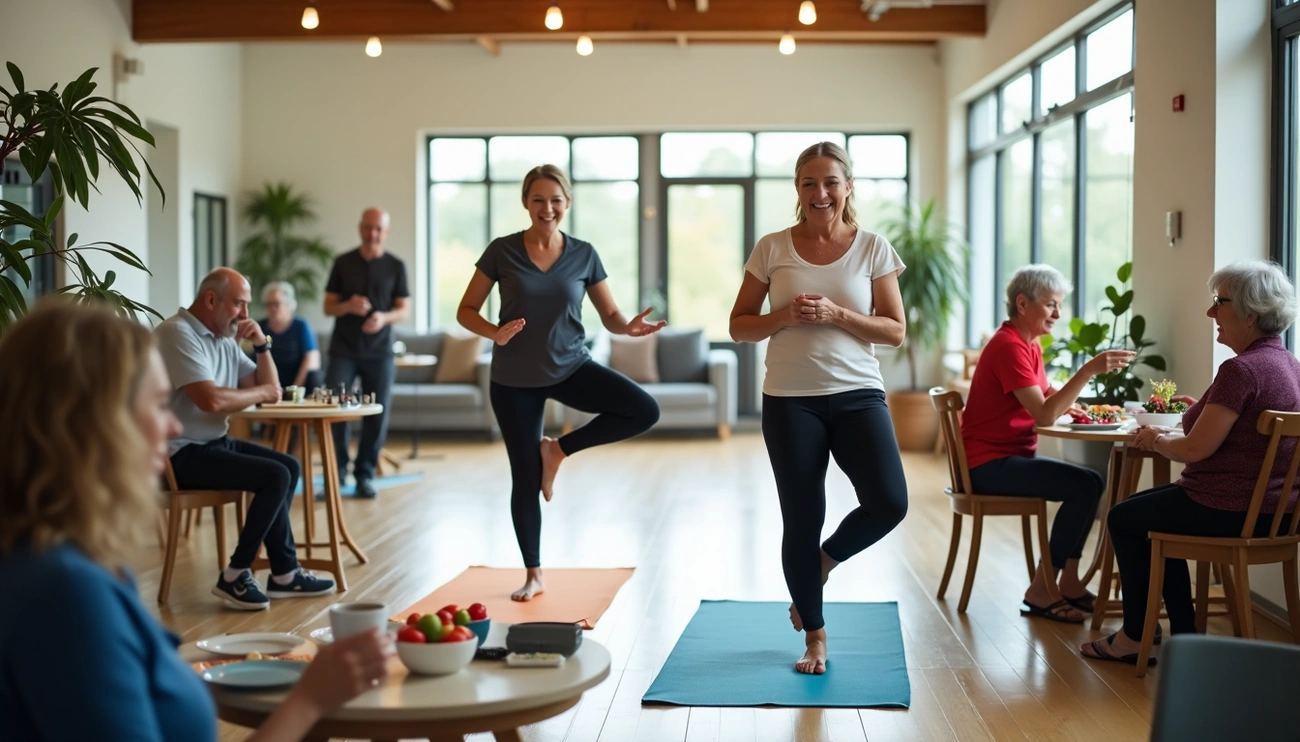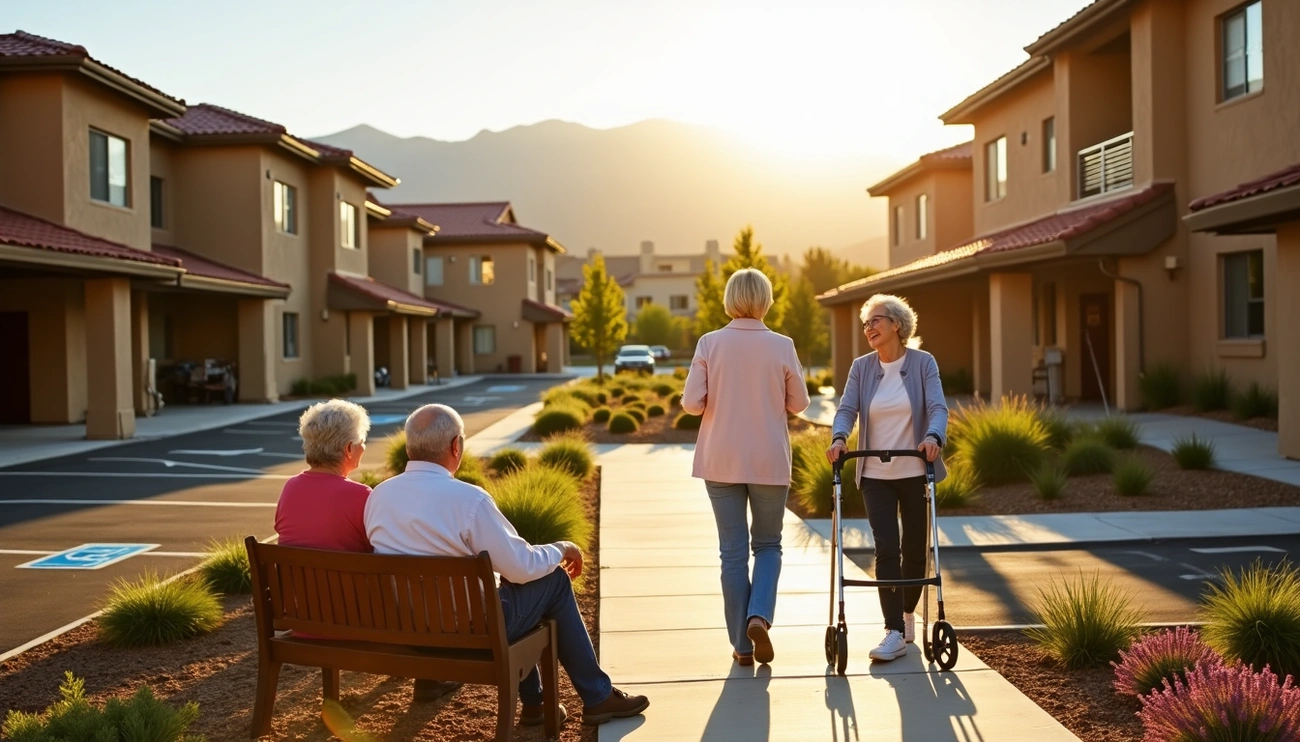Weather changes can drastically affect the well-being of older adults, particularly during the scorching summer months. It’s therefore crucial to take preventive measures to avoid dehydration and associated complications. This article provides a comprehensive guide on how to ensure seniors stay hydrated during warm weather, touching on the significance of hydration, the risks of dehydration, and practical tips for staying hydrated.
The Importance of Hydration in Seniors
As we age, our bodies’ ability to regulate temperature and sense thirst decreases. This makes older individuals more susceptible to dehydration and its subsequent health risks. Dehydration can lead to various health problems, such as heat stroke, heat exhaustion, and urinary tract infections. Therefore, it is important to make hydration a top priority, especially during hot weather.
Understanding Heat-Related Illnesses
Heat-related illnesses pose a significant health risk to seniors during warm weather. These include:
Heat Syncope
Heat syncope is a condition characterized by sudden dizziness experienced during physical activity in hot weather. Resting in a cool place and drinking plenty of water can alleviate symptoms.
Heat Cramps
These are painful muscle contractions that can occur due to strenuous physical activity in warm weather. Drinking fluids and resting in a cool place can help alleviate these symptoms.
Heat Exhaustion
Heat exhaustion is a warning sign that your body can no longer cool itself down. Symptoms include thirst, dizziness, weakness, nausea, and a rapid pulse. Immediate rest in a cool place and ample fluid intake are required to combat heat exhaustion.
Heat Stroke
Heat stroke is a medical emergency where the body’s temperature rises above 104°F. Symptoms include fainting, confusion, a rapid or weak pulse, and dry, hot skin. Immediate medical attention is required in the case of heat stroke.
Sun Exposure
Sunburn is a sign of skin damage due to extreme or prolonged exposure to the sun. Prevention measures include wearing protective clothing, using sunscreen, and avoiding direct sunlight.
Risk Factors for Heat-Related Illnesses in Seniors
Several factors can increase the risk of heat-related illnesses in seniors:
- Chronic health conditions such as cardiovascular, lung, or kidney disease.
- Changes in skin due to aging.
- Taking certain medications that affect the body’s ability to cool itself or sweat.
- Being obese, overweight, or underweight.
- Consumption of alcoholic beverages.
- Living in places without air conditioning or fans.
- Dehydration.
Practical Tips for Staying Hydrated
Here are some practical tips to help seniors stay hydrated during warm weather:
- Set regular water intake alarms.
- Keep water bottles within arm’s reach.
- Create a water-drinking routine.
- Infuse water with fruits for added flavor.
- Consume foods rich in water content.
- Use a buddy system to remind each other to drink water.
- Monitor urine color as an indicator of hydration.
- Maintain a hydration journal to keep track of water intake.
- Limit the intake of caffeine and alcohol.
- Seek air-conditioned spaces during peak heat hours.
- Monitor overall health for signs of dehydration or heat-related illnesses.
Monitoring Health for Dehydration
Seniors should monitor their health for signs of dehydration, which include thirst, infrequent urination, fatigue, increased breathing rate, light-headedness, and muscle weakness.
Strategies to Keep Cool
In addition to staying hydrated, seniors should take measures to stay cool during hot weather by dressing lightly, wearing hats, sunglasses, and sunscreen, limiting exposure to direct sunlight, and using air conditioners and fans.
When to Seek Medical Help
Immediate medical attention should be sought if a senior experiences confusion, headaches, dizziness, or general weakness, as these may be signs of heat exhaustion or heat stroke, which require immediate medical attention to avoid further complications.
Making Hydration a Priority
As we age, our bodies may become less efficient at regulating temperature and recognizing thirst. That’s why it’s vital for seniors to make a conscious effort to stay hydrated, especially during hot weather. By following these tips and implementing reminders, seniors can ensure they are drinking enough water to safeguard their health and well-being during scorching summer days.
Conclusion
The importance of hydration for seniors, especially during warm weather, cannot be overstated. By understanding the risks, recognizing the signs, and taking preventive measures, seniors can enjoy the summer months safely and healthily. The key is to stay proactive, be aware, and make hydration a top priority.












